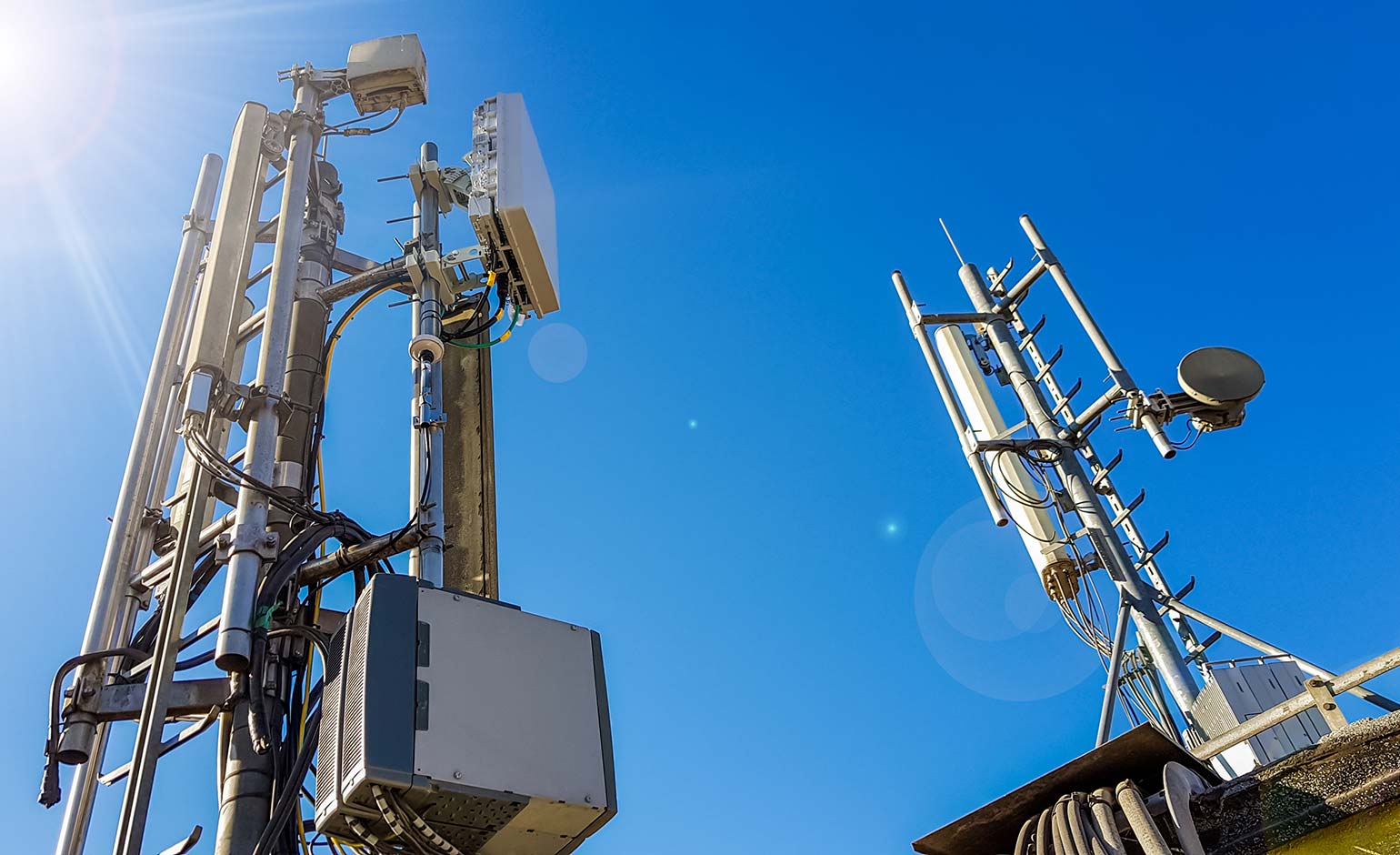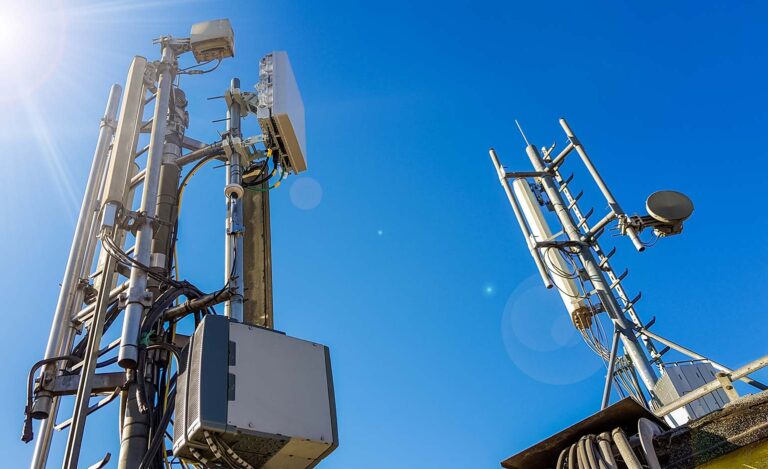Bath and North East Somerset Council is set to install a number of 5G antennas in Bath city centre, despite fighting to prevent them being installed on the outskirts of the city four years ago.

5G Transmitter | Library Images
A total of 16 5G antennas will be installed across various parts of the city centre as part of an 18-month trial by the local government.
A few hundred volunteers will be given special SIM cards to test the network, and if the experiment is successful, it will be made available to the public next spring.
5G mobile networks are capable of carrying much more data than 4G, and are therefore expected to help alleviate the notoriously poor data coverage in city centres.
Some people have raised health concerns about the technology, especially in 2020, when it was still relatively new, despite health officials and fact-checkers denying the claims.
5G uses non-ionizing radio waves that do not harm the DNA inside cells.
In December 2020, Bath and North East Somerset Council made headlines when the council’s planning committee rejected plans by EE and Three to convert a 4G base station on the outskirts of Bath into a 5G base station.
The city council appealed to uphold the ruling, but later approved the construction of another mast nearby.
When the plan was submitted to the planning committee on December 16, 2020, 343 people opposed the plans to turn it into a 5G base station, and local councillors Kevin Guy and Sarah Warren (both Liberal Democrats) for the Batavong North constituency, where the plan is located, urged councillors to reject the plan.
Mr Guy told the meeting the proposal should be rejected on public safety grounds because there is a nursery just 200 metres from the mast and there are no maps attached to show how far dangerous levels of radiation would extend around the mast.
He said: “Danger/exclusion areas, as I and everyone know, can be anywhere from one metre to 500 metres away, but it would be irresponsible to approve a planning application knowingly so close to a nursery without knowing this vital information.”
“All the 343 residents who oppose this application want is to not be used as guinea pigs in a global experiment,” Warren told the committee.
She added: “We don’t need 5G. The only people who will benefit from this development are the big tech companies, so please, committee members, put the health of your residents first.”
This was not the case then, but now Guy and Warren are chairman and vice-chairman of the council.
Asked if his view on 5G had changed, Guy replied: “The local Liberal Democrats are committed to improving connectivity in both urban and rural areas of B&NES. The city’s 5G pilot scheme is part of this and I personally welcome the plans.”
“In the past as a ward councillor I have opposed a particular utility pole because it was at the very bottom of a primary school playground, so we needed a larger exclusion zone around the pole, away from the primary school playground. An alternative location has been found where I do not object,” he said.
“Improving connectivity is part of the Liberal Democrats’ 2023 manifesto pledge and as leader I will ensure we deliver on that promise.”
Warren declined to comment, citing pre-election rules regarding congressional communications during a general election campaign.
The Bath city centre 5G pilot project, called “One Word”, is funded by a government grant of £773,132,000.
The city council is currently seeking a certificate of legality from the planning department for the installation of the antennas, which will be placed around the city centre as 5G has a shorter range in urban areas.
The antennas will be dotted along the route of the city’s old city walls, from the city centre edge of Pulteney Bridge to the corner of Pierrepont Street and North Parade, with two to be installed in Kingsmead Square.
There are also two stores on Union Street and Stoll Street.
Further antennas will be installed on St James Parade opposite the Forum, outside Bath Spa station and beside Green Park Road Car Park, and one will be mounted on the edge of the roof of No. 1 Bath Quays.


